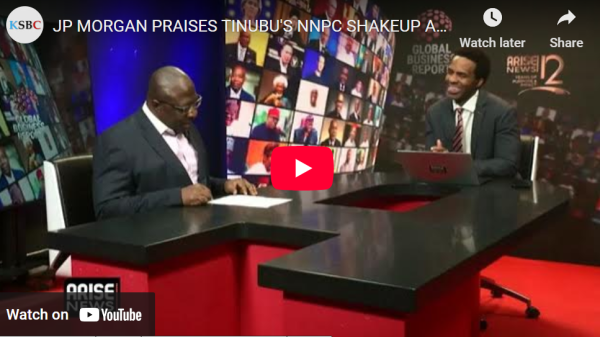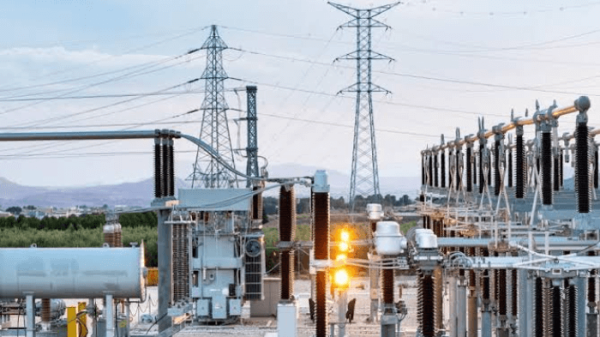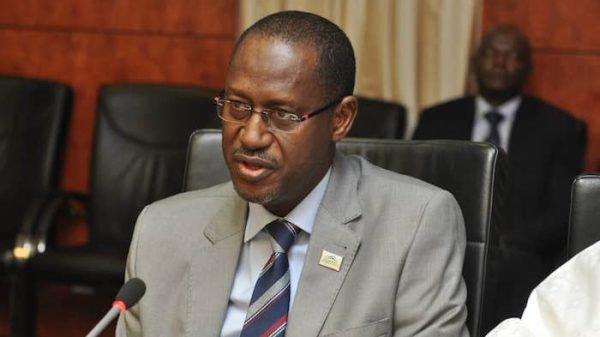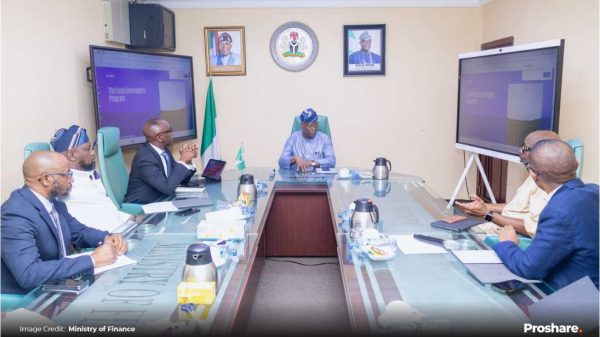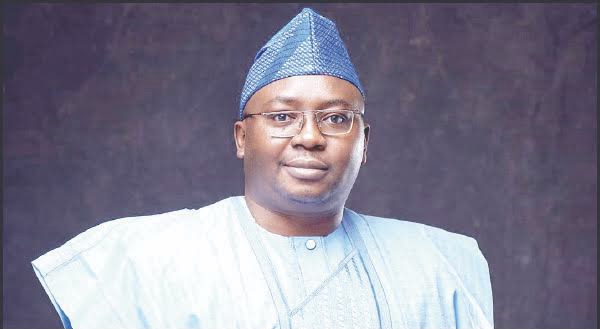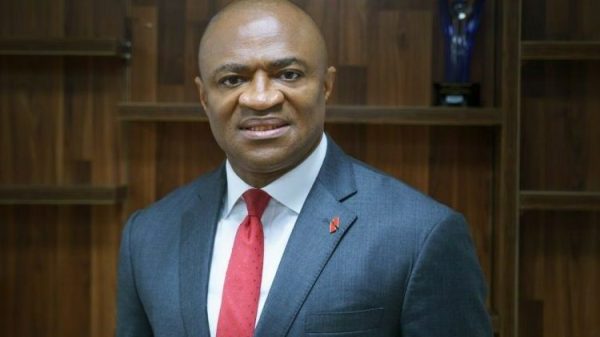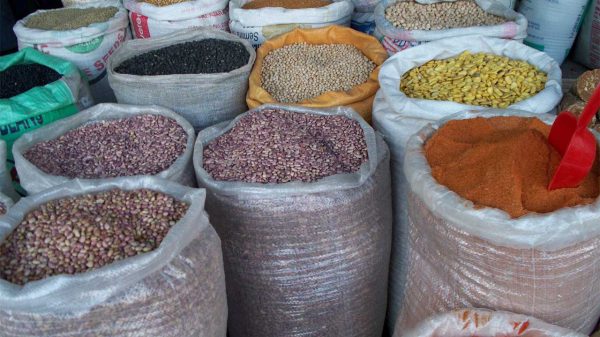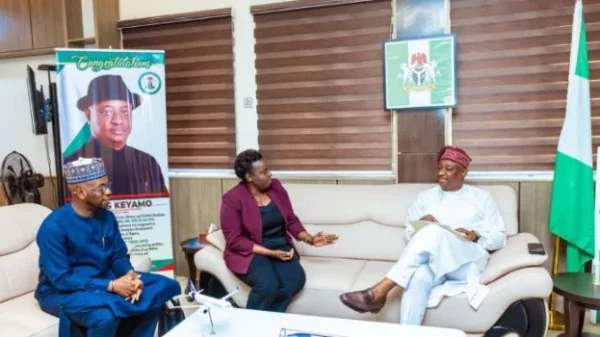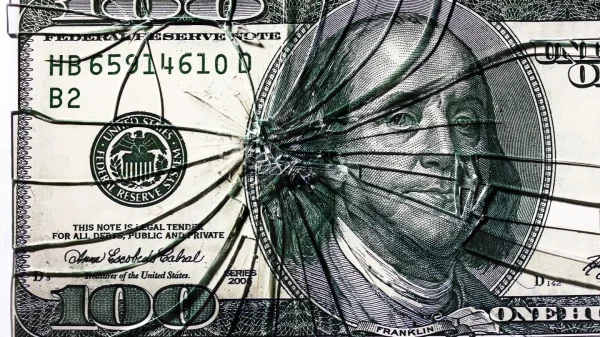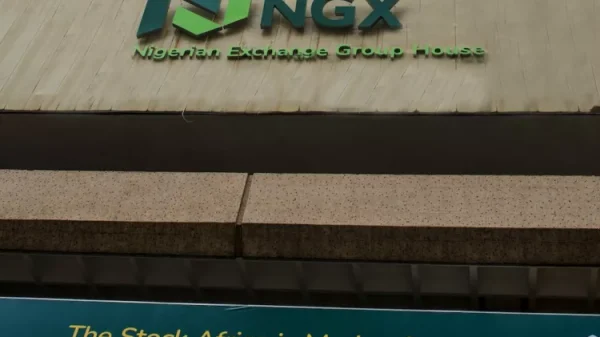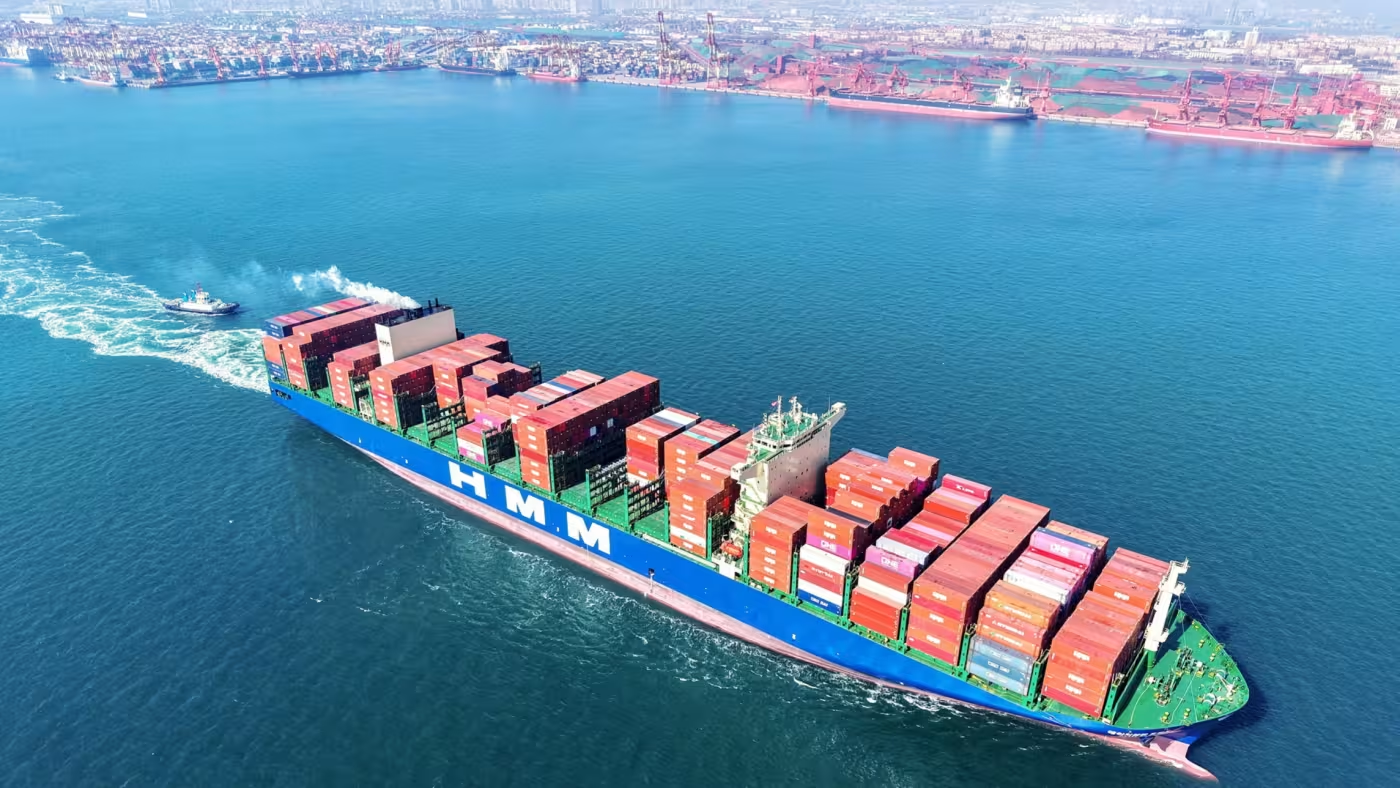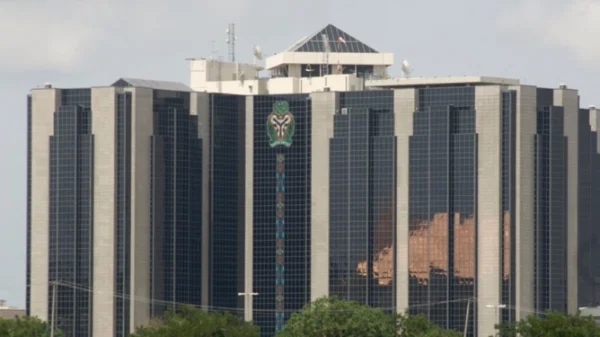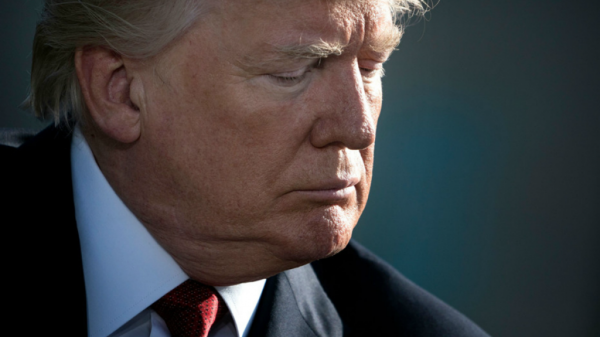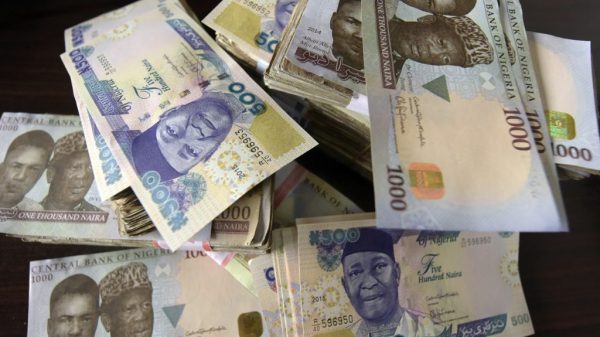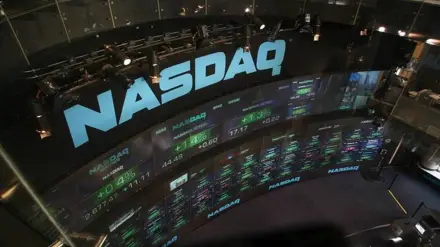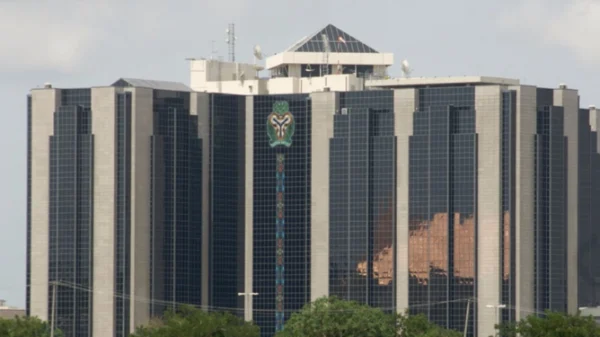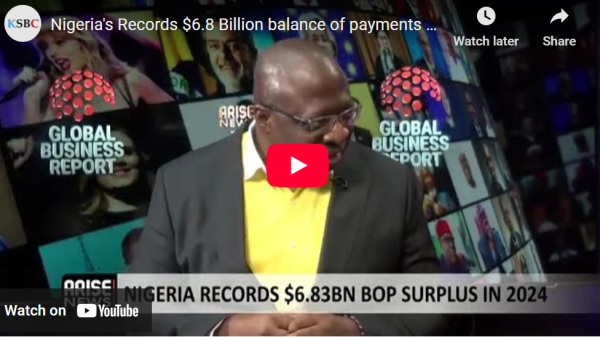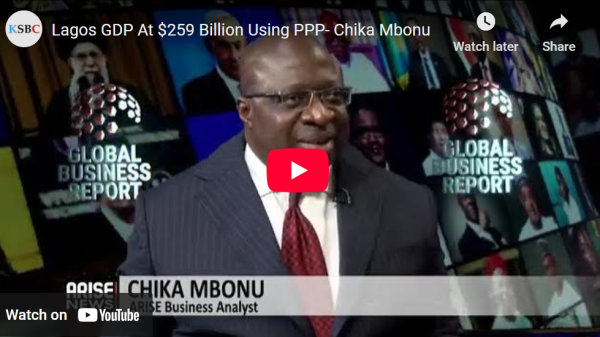The Chairman of the International Law Association (ILA), Dr Tolu Aderemi, has shed light on how Nigeria can take advantage of the Russia-Ukraine crisis and play a lead role in the liquefied natural gas (LNG) market.
Before the conflict, Russia controlled about 40 per cent of the European LNG market. But the blow-up of Nord Stream 1 and 2 in 2022 and other events have kneecapped supply from the country forcing the United States to increase its supply in several folds to plug the hole.
But for Nigeria’s poor investment in critical infrastructure, experts have suggested, the country could ride on the crisis to emerge as a major market leader.
Aderemi spoke at a meeting of energy stakeholders aimed at addressing perennial issues facing the energy sector and convened by a law firm, Perchstone & Graeys.
The meeting, which was led by Aderemi, a partner in charge of the law firm’s Energy Group, was titled ‘Digitisation: A Catalyst for Energy Transformation in Nigeria’.
Speakers at the event included a former minister of state for petroleum, Prof. Emmanuel Kachikwu; Nigerian Electricity Regulation Commission (NERC) Commissioner for Planning, Research and Strategy, Dr Yusuf Ali and other leading local and foreign private sector players.
In his opening remark, Aderemi noted that the ongoing Ukraine-Russian conflict and the European Union’s threat of LNG from Russia presents a unique opportunity for Nigeria, which the country does not seem to pay attention to.
According to him, Nigeria has, over the past 20 years, cumulatively earned approximately $21 billion from its energy sector, in particular, from the liquefied natural gas market.”
The ILA President lamented that Nigeria, Africa’s largest oil producer, has faced ongoing complex issues in its energy sector, characterised by a combination of theft, vandalism and inefficiencies.
“According to the Nigerian National Petroleum Company (NNPC), oil theft has cost the country an estimated $1.5 billion annually, severely impacting its ability to meet production quotas set by the Organisation of the Petroleum Exporting Countries (OPEC).
“In recent years, the country has struggled to maintain its production levels, often falling short of its OPEC target of 1.8 million barrels per day (mbpd).
Currently, Nigeria supplies only four per cent of the EU’s LNG market with stakeholders emphasizing the critical need to enhance its share.
Aderemi warned that if Nigeria fails to reduce the incidence of theft and vandalism, it risks losing its chance to become a key player in the European energy market,
“This is a pivotal moment for Nigeria. We cannot afford to lose this market share.” he declared.
In his keynote address, Kachikwu reflected on the government’s efforts to combat oil theft and the importance of adopting technology to enhance production capabilities.
The former minister was optimistic that with concerted efforts and the right preventive technologies, President Bola Tinubu’s administration could achieve its ambitious target of producing two mbpd.
Ali, a commissioner at NERC, provided insights into the government’s efforts to mitigate theft within the electricity sector.
He referenced the Electricity Act and various regulations aimed at enhancing security and efficiency.
“The government is committed to reducing the incidence of theft in the electricity sector. However, we must also consider the integration of ‘useful technology’ that will alleviate the load on the national grid,” he stated.
The panellists agreed on the necessity of adopting advanced technological solutions to the problems.



